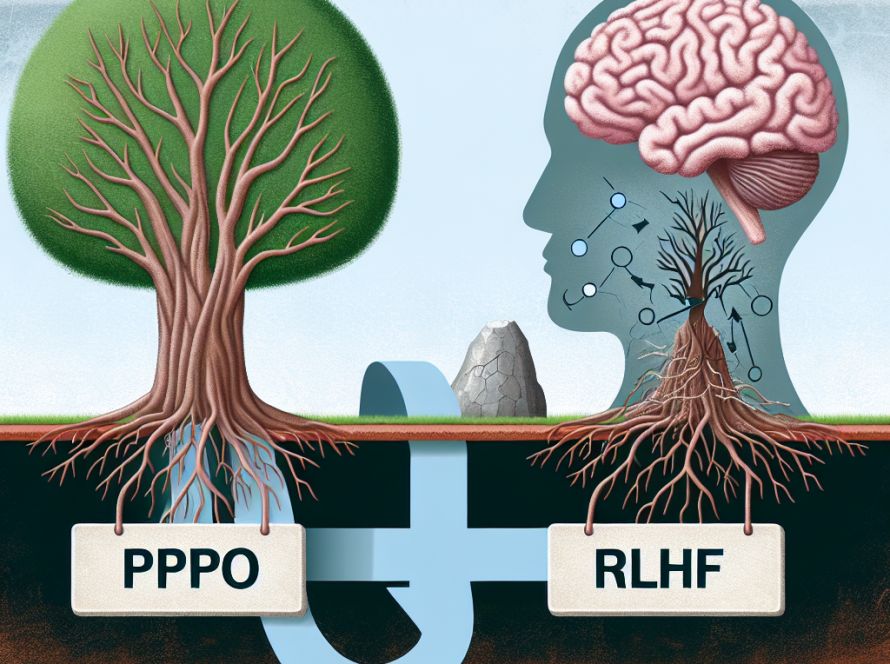Large language models (LLMs) have made significant strides in the field of artificial intelligence, paving the way for machines that understand and generate human-like text. However, these models face the inherent challenge of their knowledge being fixed at the point of their training, limiting their adaptability and ability to incorporate new information post-training. This proves to be a hindrance for applications that require updated data.
To address this challenge, current research is exploring the use of retrieval-augmented generation (RAG) methods that allow models to retrieve and integrate external information, expanding their scope beyond the original dataset. These methods are particularly crucial in situations where the relevance and timeliness of information can significantly impact the accuracy and reliability of model outputs.
In line with these developments, researchers from Zhejiang University, Southeast University, and Massachusetts Institute of Technology have proposed a novel framework, named Retrieval Augmented Iterative Self-Feedback (RA-ISF). This framework combines the model’s internal knowledge assessment with a strategic retrieval of external data while refining its understanding and application of this information through an iterative feedback mechanism.
The RA-ISF system involves a series of submodules that isolate and address different aspects of the information retrieval and integration process. This includes an initial self-assessment to determine a question’s answerability based on existing knowledge, a relevance check of external information, and decomposition of complex queries into simpler sub-questions. These processes ensure that the model can accurately access, interpret, and utilize the most relevant information.
What separates RA-ISF from traditional RAG methods is its iterative self-feedback loop, which allows the model to continually refine its search and comprehension processes. This leads to more accurate responses and reduced chances of errors or hallucinations (instances where models generate misleading or entirely made-up information).
The RA-ISF was evaluated across various benchmarks and datasets, demonstrating its superior performance. It notably improved the handling of complex questions by enhancing the interaction between the model’s internal knowledge base and external data. Its success across different models, including GPT3.5 and Llama2, further underscores its adaptability and robustness.
In conclusion, the RA-ISF represents a major breakthrough in integrating dynamic, external knowledge with the static data repositories of LLMs. By refining its method of information retrieval and utilization, the model’s performance and applicability across a range of real-world scenarios are greatly enhanced. Its ability to iteratively refine its processes ensures relevant and accurate outcomes, signifying a paradigm shift in the envisioning of future intelligent systems. With its innovative structure and proven efficacy, the RA-ISF sets a new benchmark for the development of more intelligent, adaptable, and reliable AI systems.


